According to Cursor, Composer's architecture enables it to process complex coding tasks more efficiently, making it a significant improvement over the company's previous models. "We're thrilled to introduce Composer, which represents a major milestone in our mission to revolutionize the coding experience," said a Cursor spokesperson. "Our goal is to provide developers with the most advanced tools and technologies to help them build and deploy applications faster and more efficiently."
Cursor's IDE has been supporting models developed by other companies, such as OpenAI, Google, and Anthropic, since its introduction. However, the company has been working on its own built-in models, which have now become competitive with the big frontier models. The emphasis on speed is a key aspect of Composer, as Cursor aims to provide developers with a more efficient coding experience.
The multi-agent interface, a new feature in the 2.0 version of the IDE, allows users to run tasks with multiple agents in parallel, increasing productivity and reducing the time it takes to complete complex coding tasks. This feature is expected to be particularly useful for large-scale development projects, where multiple agents can work together to complete tasks more efficiently.
The introduction of Composer and the 2.0 version of the IDE is expected to have a significant impact on the coding industry, as it provides developers with a more efficient and advanced coding experience. "Cursor's move to develop its own competitive coding model is a significant step forward in the industry," said an industry analyst. "This will likely lead to increased adoption of the company's IDE and a more competitive landscape for coding tools and technologies."
The current status of the 2.0 version of the IDE and Composer is that they are available for download and testing. The company plans to continue developing and improving its products, with a focus on incorporating user feedback and suggestions. As the coding industry continues to evolve, Cursor's move to develop its own competitive coding model is likely to have a lasting impact on the way developers build and deploy applications.






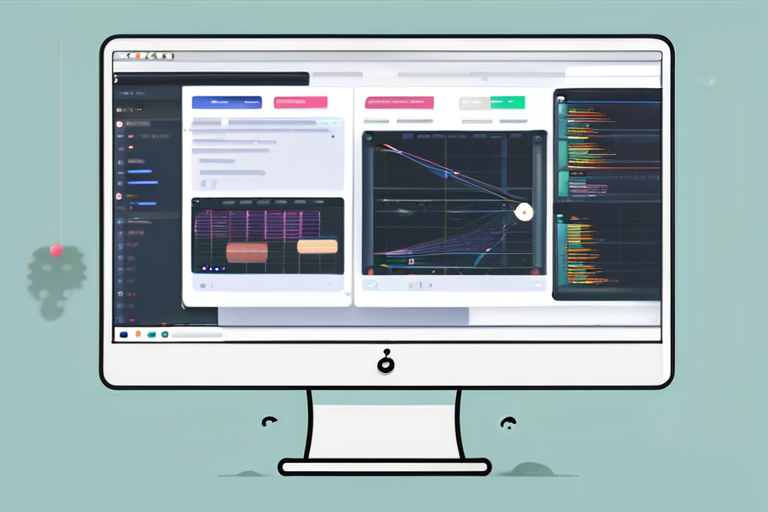




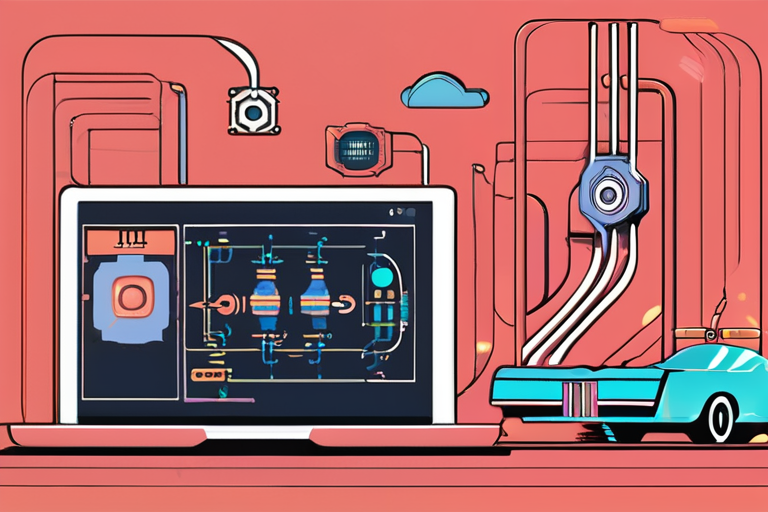
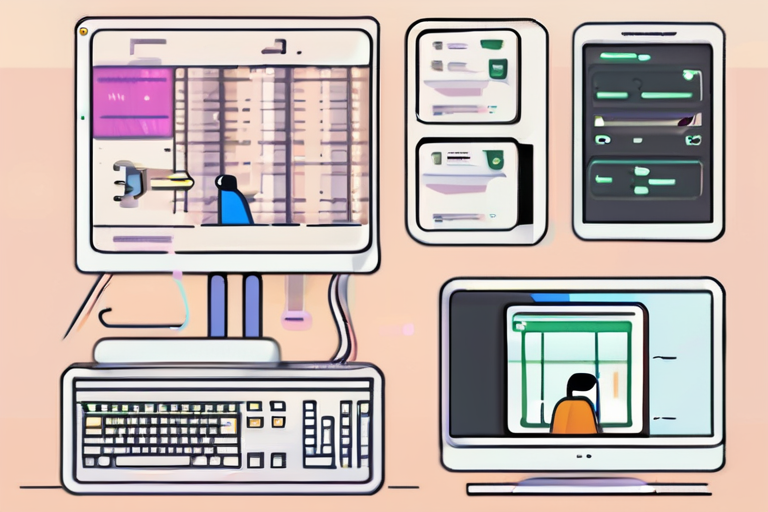
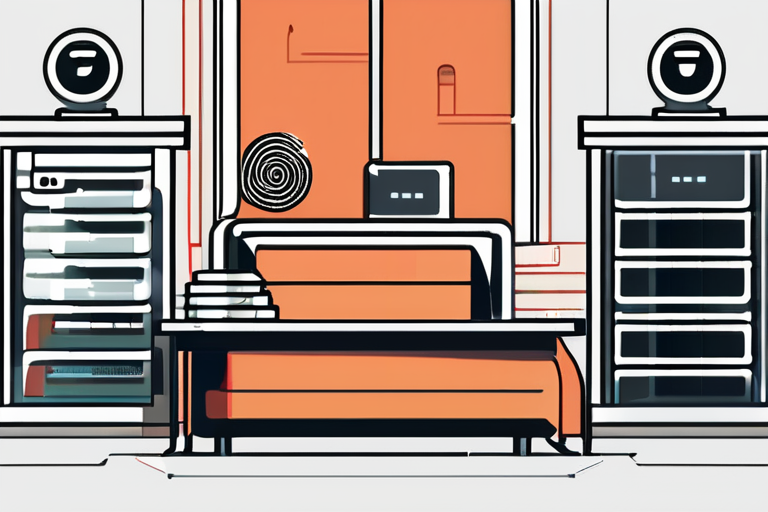

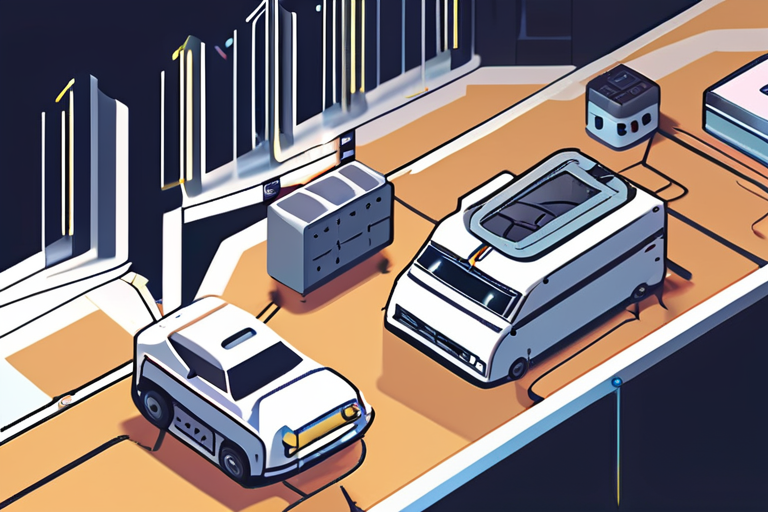
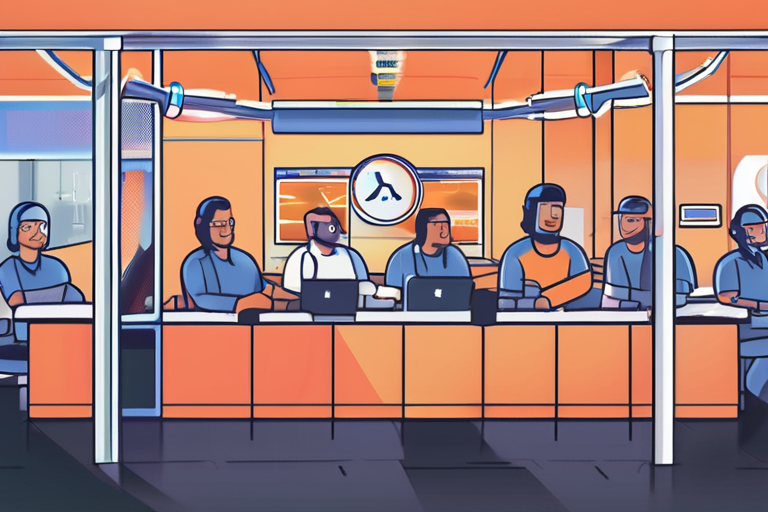

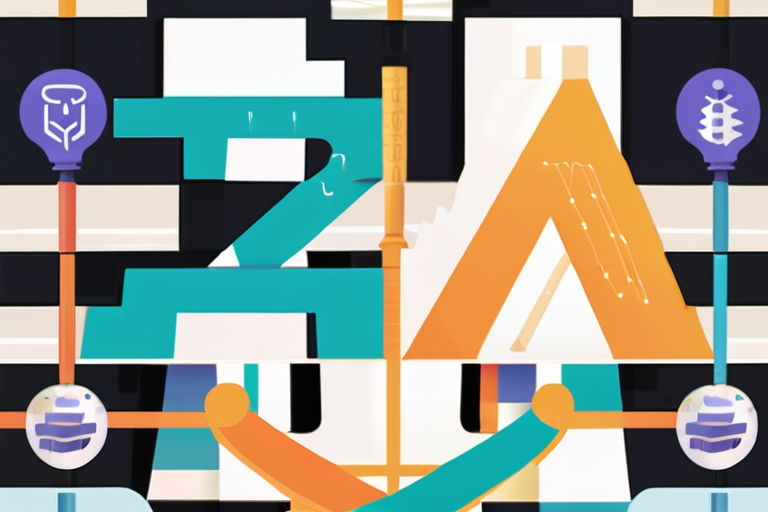
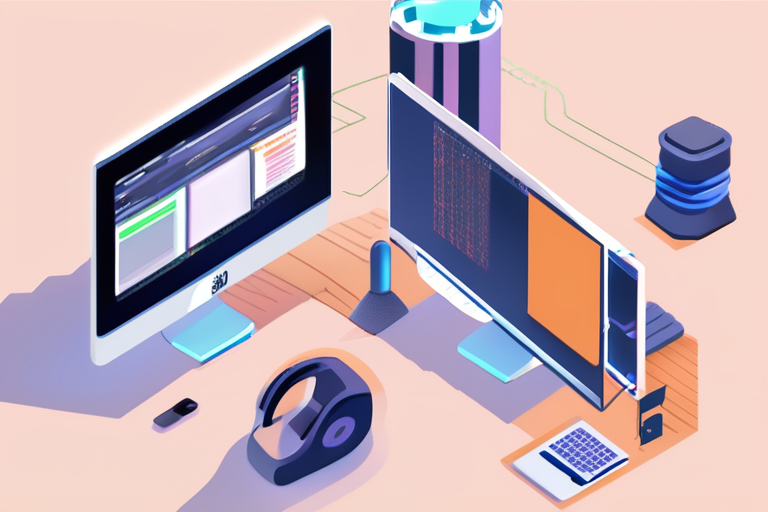



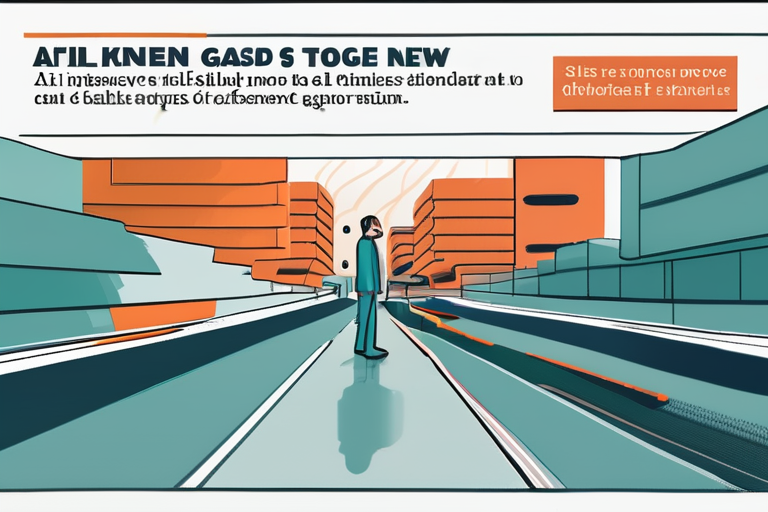

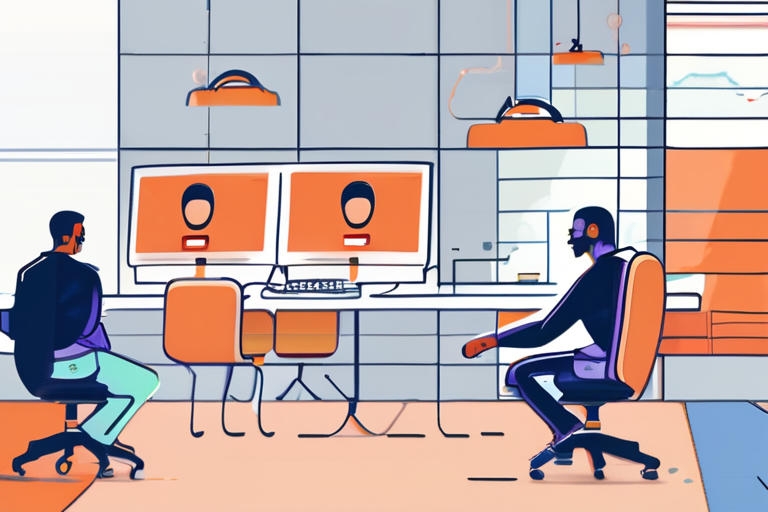

Share & Engage Share
Share this article